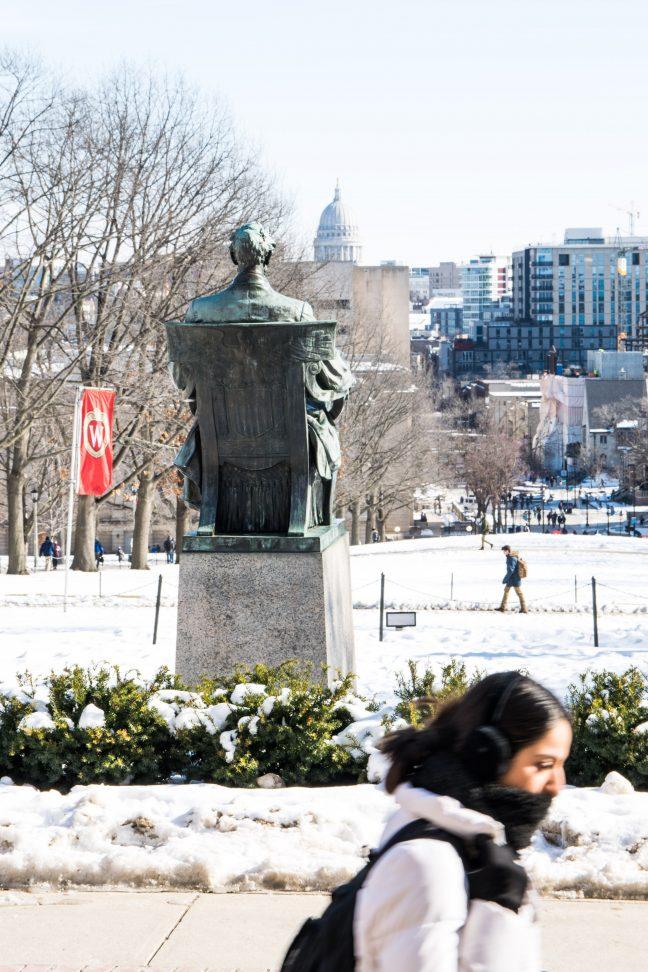Although the University of Wisconsin System, which represents all UW schools across the state, is meant to be a resource and governing body for the universities across Wisconsin, it seems fairly reasonable to say that decisions involving universities should be discussed with the students they will directly affect.
Except they aren’t.
“We question the absence of communication with student leaders, being that student success is the driving motive of this initiative,” the University of Wisconsin Student Representatives recently stated in their official response to the decision of UW Systems to merge their two-year universities with four-year universities.
Student leaders across the state were left in the dark on this. In such divisive times, especially with the recent Board of Regents’ decision on free speech, it’s hard not to question in whose interest the Board of Regents or the UW System act in.
Especially in issues as close to home as whether or not to merge universities together, the lack of communication with students is concerning. The system president and the Regents might not understand how to handle smaller, yet crucial, details, such as allocable segregated fees or student governments.
And even with the bigger details, with an aggressive timeline that pushes for a vote on the proposal within the next month, so many details are left to iron out. How will athletics change? Or professor tenure? Each school handles these issues differently, and the thought of merging the schools before having such important questions are answered is worrisome.
Pocan introduces bipartisan bill in effort to alleviate student loan debt
UW System President Ray Cross, who came up with the proposal to merge the institutions, doesn’t deny it, saying,“We did work on this without bringing a lot of input in.” When holding a conference call between the UW System student representatives and the representative leaders across the state, most questions couldn’t be answered. Statements such as “we’ll figure that out soon” or “this is unknown yet” were said more often than actual, reasonable answers. We were left with more questions than answers.
The proposal, for its timeline, isn’t well planned out. Without communication from student leaders, it’s hard to imagine a proposal like this could ever be. In an attempt to curb lower student enrollment and higher school costs, the idea to merge the schools together is bold. But like every idea, it has its drawbacks.
Students who want to stay in a two-year institution, or can’t afford the changes Cross proposed, could transfer to the technical colleges around Wisconsin, such as Madison Area Technical College. UW schools could lose donors or professors. But in a rushed plan, leadership only started thinking of these drawbacks after the proposal
John Peralta, chair of the UW Student Representatives, stated, “as shared governance partners, students need to be at the table to help strategize plans for equitable solutions that affect us directly.” There’s a lot to think about when it comes to a decision as big as this. But it’s impossible to plan with only half the voices that would be affected by this actually present at the table.
Lack of political diversity on college campuses stifles productive free speech
It’s the responsibility of the UW System and the Board of Regents to address the needs of communities directly affected by the decisions they make. Student participation will be key to creating a plan that will have a positive effect on our universities, and UW System needs to understand that. At the end of the day, these decisions affect every student across each campus, and we deserve to have a voice.
Yogev Ben-Yitschak ([email protected]) is a sophomore majoring in marketing and digital studies. Ben-Yitschak is a member of the executive board for UW system representatives.








